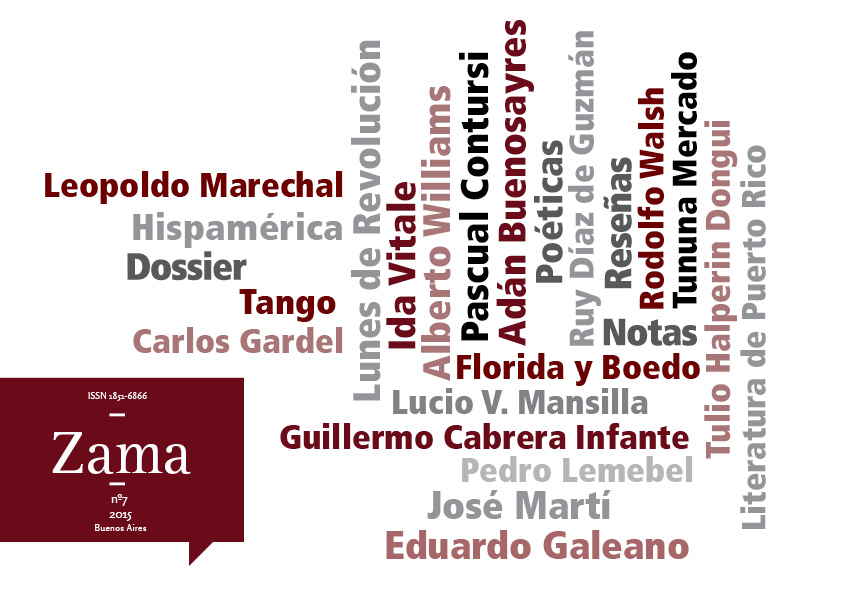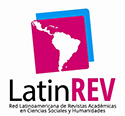El tango en el nacionalismo musical de Alberto Williams
Keywords:
musical nationalism, Alberto Williams, tango
Abstract
During the decades close to the Centenario, when the urge to build a creole modernity becomes almost hegemonic, while tango begins to be perceived as a sign of the Argentine identity outdoors, the musical nationalism stubbornly resists it. This paper explores the intricate networks on which the selection of the musical material is produced in the academic and nationalist-styled music of Alberto Williams, as it inquires about the uses and cutbacks of folklore. At the same time, this paper attempts to trace the reasons why tango seems excluded from the operation of stylization, while comparing positions that the official story does not reflect. The paradoxical inclusion of Americanist elements (and the contemporary rejection of local elements) eloquently shows the inner workings of the process by which identity is built based only on a European otherness.Moreover, the meanings built by the various and counterpointed discourses between literature and music in the Generation of the 80s and the legitimacy and assembly operations in play seem to leave an indelible mark on the socio-political function of this confluence.Finally, the rural-urban dichotomy present in the options that decisively bet on the gaucho’s tone of regret in the rancho abandonado, might be able to find in milonga a place of convergence that peacefully resolves the classic contradiction.Downloads
Download data is not yet available.
How to Cite
Cerletti, A. V. (1). El tango en el nacionalismo musical de Alberto Williams. Zama, 7(7), 191-200. https://doi.org/10.34096/zama.a7.n7.2199
Issue
Section
Dossier. Tango: interpretación, autoría y escucha












